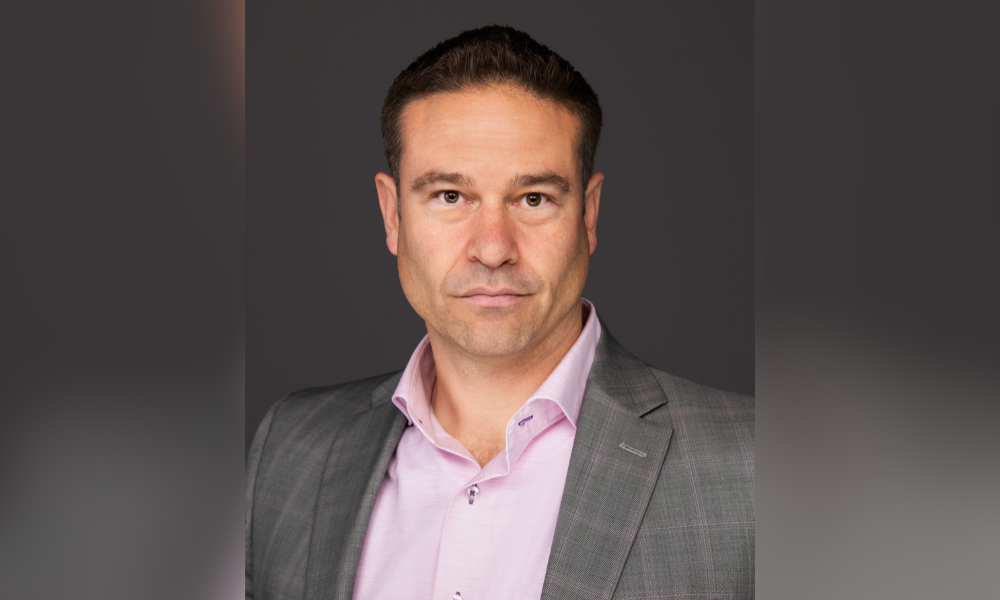
Legal tips on what employers can ask prospective employees

Hiring the right candidate is crucial for any business. The interview process is a vital tool for determining whether a candidate fits well with the company’s culture, values, and job requirements. However, it is essential for employers to know what questions they can legally (and ethically) ask candidates during an interview. This article will explore the key questions employers can ask prospective employees to ensure a thorough and compliant hiring process.
Asking the right questions during an interview serves multiple purposes:
Work experience: Understanding a candidate’s work history is fundamental and questions that help get at this critical background include the following:
The above questions help gauge the candidate’s experience and problem-solving abilities.
Skills and qualifications: Understanding a candidate’s skill set and qualifications is necessary for the job:
The questions above help focus on the candidate’s competency as well as growth mindset.
Work style and preferences: It is also important, though potentially more precarious, to delve into the candidate’s preferences and characteristics. Doing so is possible if done with respect and appropriate parameters.
For example, the following questions can help to assess how the candidate works and if they will thrive in your work environment:
These questions provide insights into the candidate’s work habits and adaptability.
Behavioural questions: Behavioural questions are based on the premise that past behaviour is a good predictor of future performance. As such, the following questions are appropriate:
These questions help understand how the candidate handles real-world situations.
Career goals: It is also important to understand whether a candidate has career aspirations, as this may be a valuable asset for your company. The following questions can assist with those inquiries:
These questions ensure that the candidate’s goals align with the company’s vision.
As alluded to above, it is important that your interview approach and questions be consistent as you meet with a pool of candidates. Otherwise, it is far too easy for preferences and bias to unintentionally slip into the process.
Furthermore, it is absolutely crucial to avoid questions that are, or could be perceived to be, discriminatory. Each jurisdiction across Canada has its own human rights legislation and protections. While they are quite similar, the BC Human Rights Code prohibits employers from discriminating against employees or potential employees on the following grounds unless they relate to a bona fide occupational requirement (see s. 13 of the code):
“Indigenous identity, race, colour, ancestry, place of origin, political belief, religion, marital status, family status, physical or mental disability, sex, sexual orientation, gender identity or expression…age…or…a criminal or summary conviction offence that is unrelated to the employment or to the intended employment of that person.”
Based on the requirements of the code, it is prudent to stay away from questions touching on the above grounds unless the job somehow requires their consideration. However, there are still some issues that some employers can’t seem to stay away from in interviews that could lead to liability. I would like to flag some of them:
In summary, when you are embarking on hiring, it is important to ensure a fair and effective interview process that will involve the following features:
Remember, the goal of the interview process is not only to find the most qualified candidate but also to create a positive experience that reflects well on your company. By adhering to best practices and legal guidelines, you can build a strong, diverse team that drives your organization’s success.
Richard B. Johnson is a co-founder and partner at Ascent Employment Law in Vancouver.